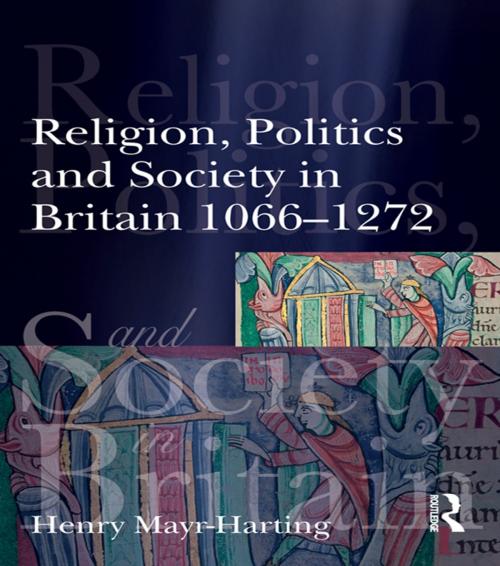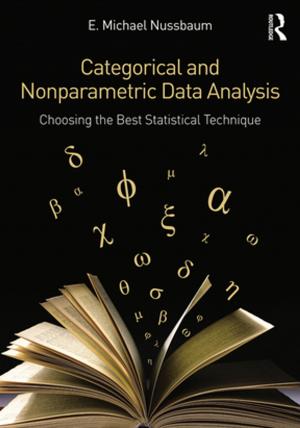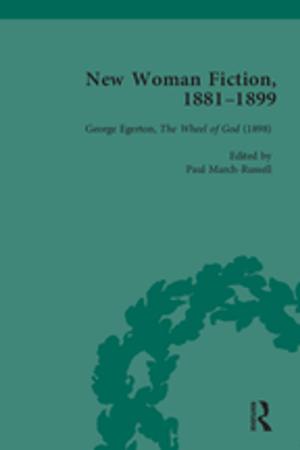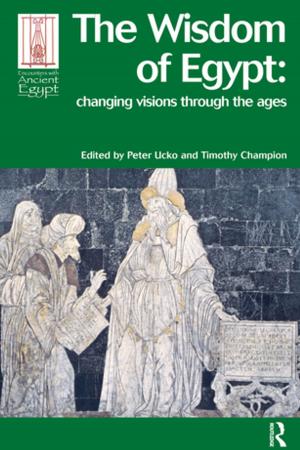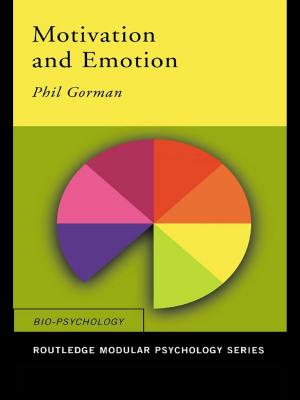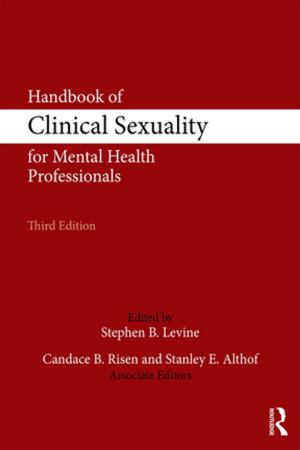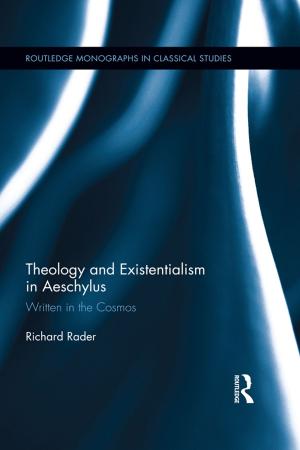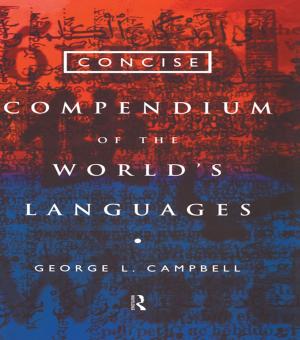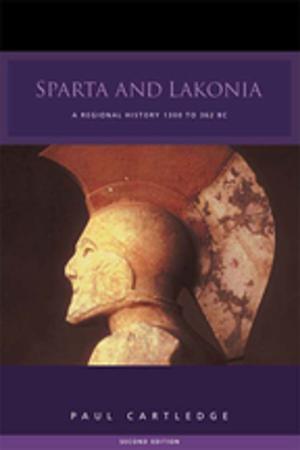| Author: | Henry Mayr-Harting | ISBN: | 9781317876618 |
| Publisher: | Taylor and Francis | Publication: | April 4, 2014 |
| Imprint: | Routledge | Language: | English |
| Author: | Henry Mayr-Harting |
| ISBN: | 9781317876618 |
| Publisher: | Taylor and Francis |
| Publication: | April 4, 2014 |
| Imprint: | Routledge |
| Language: | English |
The period from 1066 to 1272, from the Norman Conquest to the death of Henry III, was one of enormous political change in England and of innovation in the Church as a whole. Religion, Politics and Society 1066-1272 charts the many ways in which a constantly changing religious culture impacted on a social and political system which was itself dominated by clerics, from the parish to the kingdom.
Examining the various ways in which churchmen saw their relation to secular power, Henry Mayr-Harting introduces many of the great personalities of the time, such as Thomas Becket and Robert Grosseteste. At the same time he shows how religion itself changed over the course of two centuries, in response to changing social conditions – how rising population fuelled the economic activities of the monasteries, and how parish reform demanded a more educated clergy and by this increased the social prestige of the Church.
Written by an acknowledged master in the field, this magisterial account will be an unmissable read for all students of Norman and Plantagenet England and of the history of the medieval Church as a political, social and spiritual force.
The period from 1066 to 1272, from the Norman Conquest to the death of Henry III, was one of enormous political change in England and of innovation in the Church as a whole. Religion, Politics and Society 1066-1272 charts the many ways in which a constantly changing religious culture impacted on a social and political system which was itself dominated by clerics, from the parish to the kingdom.
Examining the various ways in which churchmen saw their relation to secular power, Henry Mayr-Harting introduces many of the great personalities of the time, such as Thomas Becket and Robert Grosseteste. At the same time he shows how religion itself changed over the course of two centuries, in response to changing social conditions – how rising population fuelled the economic activities of the monasteries, and how parish reform demanded a more educated clergy and by this increased the social prestige of the Church.
Written by an acknowledged master in the field, this magisterial account will be an unmissable read for all students of Norman and Plantagenet England and of the history of the medieval Church as a political, social and spiritual force.
